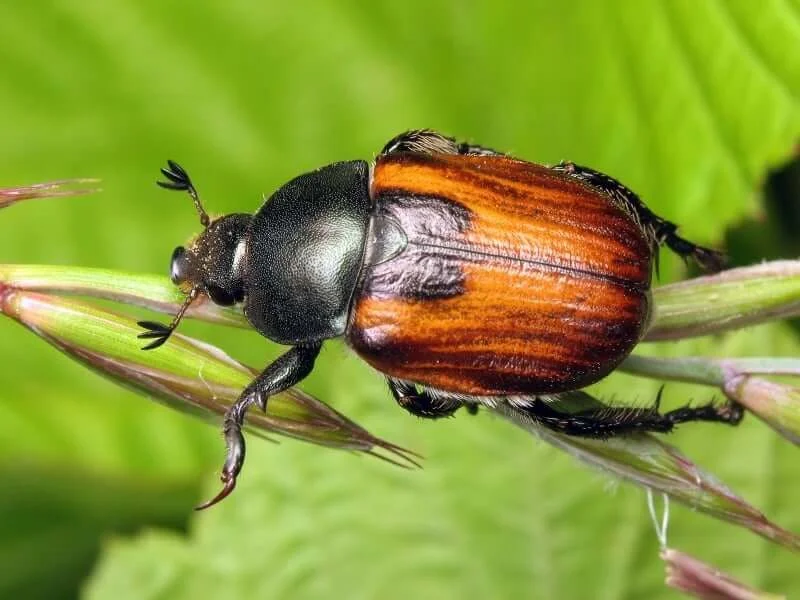Phytosanitary risks in 2025: What farmers need to know about plant protection
Moldovan farmers are facing a dangerous combination this year: prolonged drought, sudden temperature fluctuations, and increasing pressure from pests and diseases. According to specialist Mihail Vronschih, corresponding member of the Academy of Sciences of Moldova, these conditions pose major risks to field crops and call for a shift in approach to plant protection.
His statements were made during the seminar “Sustainable agriculture: Land improvements and efficient field crop production technologies”, organized in Bălți by the Agricultural and Rural Advisory Center.
The expert noted that the first months of the year were unusually warm, with higher-than-average temperatures and very little rainfall. Then, in May, the weather shifted suddenly, bringing heavy rains along with a sharp cooling. These abrupt changes affect plants and create favorable conditions for pests and diseases.
Outbreaks of thrips and Anisoplia spp. (chafer beetles) have already been observed in wheat fields.

“Unfortunately, farmers’ reactions are often hasty: ‘I need to spray quickly.’ In reality, when applying treatments, it is important to consider the assessment of pest infestation density and the economic damage thresholds. Each crop has a well-defined economic damage threshold — that is, the level at which a phytosanitary intervention is economically justified. For example, if the potential losses are less than the cost of the treatment, then applying it is unjustified,” explains Mihail Vronschih.
A single spraying can cost between 500 and 800 lei per hectare, and some products can increase these costs even further. Therefore, it is essential for farmers to carefully analyze the estimated losses: if these do not exceed 100 kilograms per hectare, is the intervention really worthwhile?
Phytosanitary treatments should be preceded by preventive measures: correct choice of variety, crop rotation, balanced fertilization, and proper soil cultivation. Only if all these measures fail and the infestation level exceeds the accepted thresholds is chemical treatment justified.
Attention to the use of approved products
Another important aspect concerns the constant updating of the register of plant protection products. “Every year, between 30 and 150 products are withdrawn from the market due to European regulations, especially for export-related reasons. Therefore, farmers must constantly check whether a product is still authorized for use in the Republic of Moldova, even if it appears in the current catalog. Consult the STATE REGISTER OF PLANT PROTECTION PRODUCTS AND FERTILIZERS.
